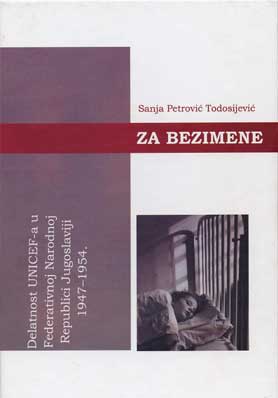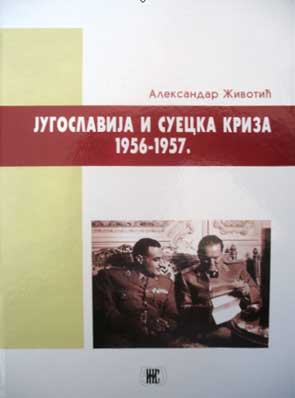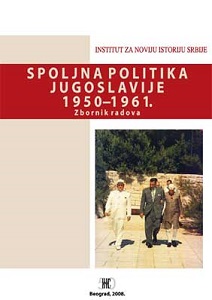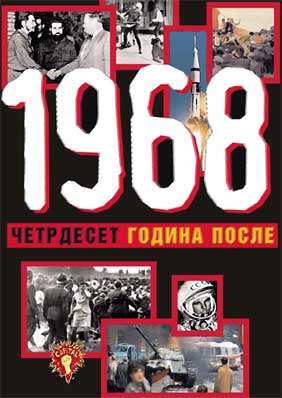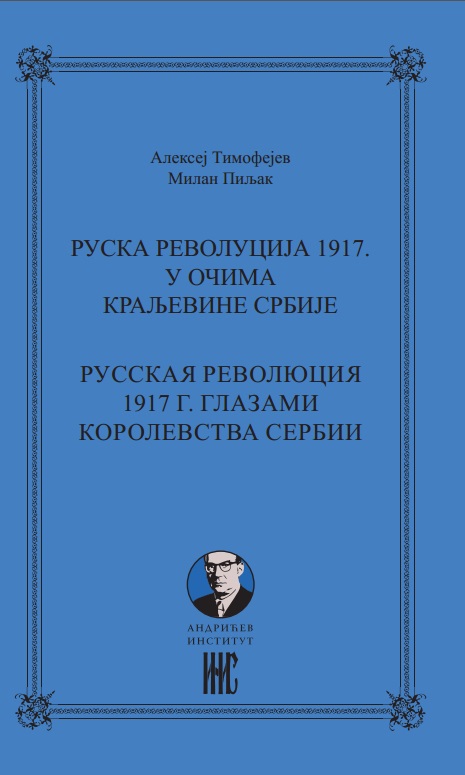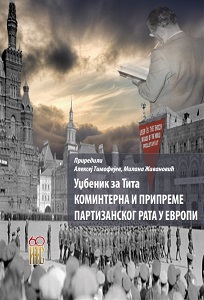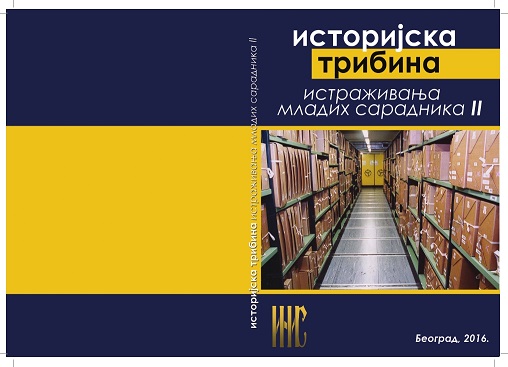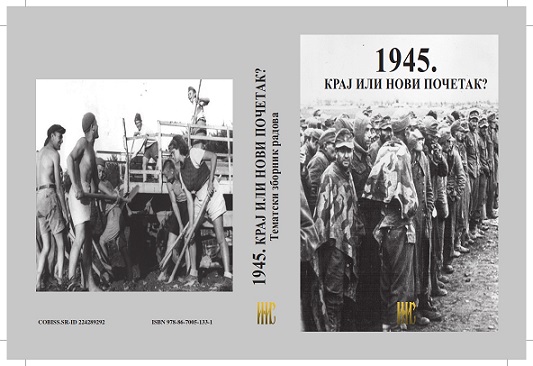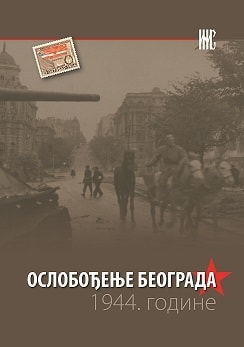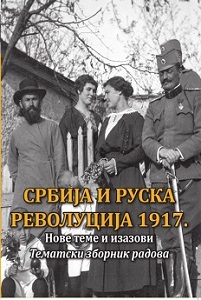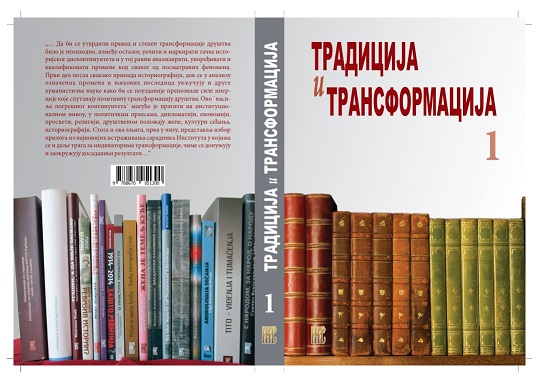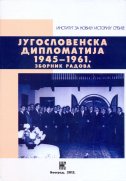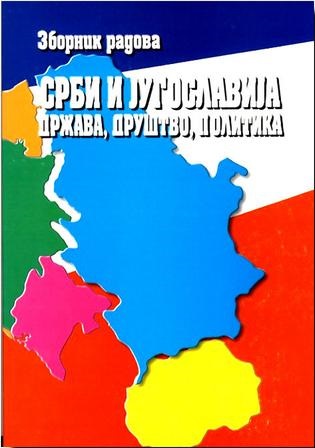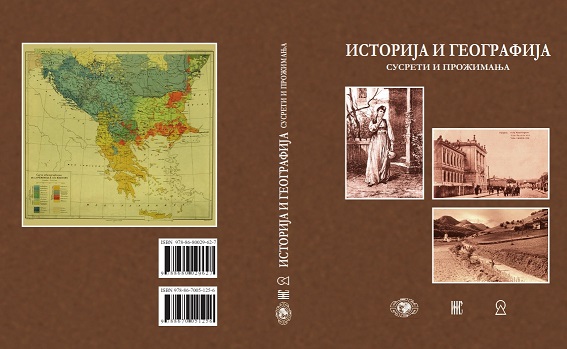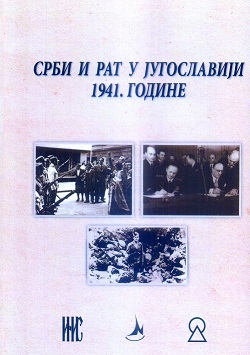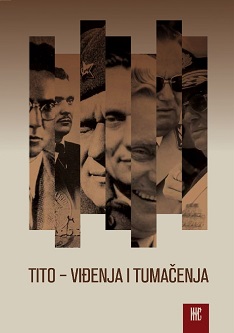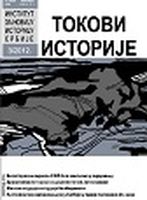
Currents of History
Tokovi istorije
The Institute for Recent History of Serbia came into being through a permanent transformation of institutions which evolved from one to another. It was founded in 1949 as the Great Historical Department of the Central Committee of the Communist Party of Serbia (CC of the CPS), as a kind of archival-documentary institution. Already the next year it broadened the scope of its activity to dealing with the history of the Communist Party during the 1929-1941 periods. In April 1952 the Historical Department of the CC of the CPS evolved into the Commission for the History of the CC of the CPS. The boundaries of research of the history of labor movement were broadened to 19th century, and then to the history of the Serbia Social-Democrat movement up to the WWI, and the history of labor movement 1919-1941. Topics from WWII were also included into the working scope. Since July 1954 the Commission for History was transformed into the Historical Archives of the CC of the CPS. In January 1959 the Historical Archives was separated from the CC of the CPS, becoming the Institute for Collecting and Processing of the Documents on the Development of the Labor Movement in Serbia, which became an independent institution with predominantly archival tasks. However, it also took up some scientific work, such as the writing of the history of the Communist Party of Yugoslavia in several volumes. In 1965 the Institute was registered as the Institute for History of the Labor Movement, and in 1979 its status as a research institution was recognized. Since 1970 it has been participating at the general project of the History of the Serbian People. In early 1980s a quiet and discrete, but resolute sequel of changes started at the Institute which gradually led to a completely new content and image of the Institute. Over ten young researchers were taken on, who, in cooperation with the History Department of the Faculty of Arts, broached a number of new topics which called for a new sub-project about Serbia between the two world wars, i.e. in 20th century, its social, economic and political history that would methodologically and theoretically be in tune with the trends in European and world historiography. Thus the Institute took part in the general project The History of Serbia and the Serbian People, which was subdivided into three sub-projects: Serbian Society between the two World wars, Serbia in WWII and The Development of Serbia after WWII. In early 1990s, one of the great consequences of this turn was the complete change in the make-up of the Institute’s journal and its rise to the position of one of the leading journals on contemporary history in Serbia, under the title „Tokovi istorije” (Currents of History). In 1992 the Institute was renamed the Institute for Recent History of Serbia. Throughout its history, this scholarly institution had a rich scientific output of 37 volumes of its journal, 52 monographs, 12 collections of documents and 14 topical collections of papers. The journal publishes three issues annually.
More...
